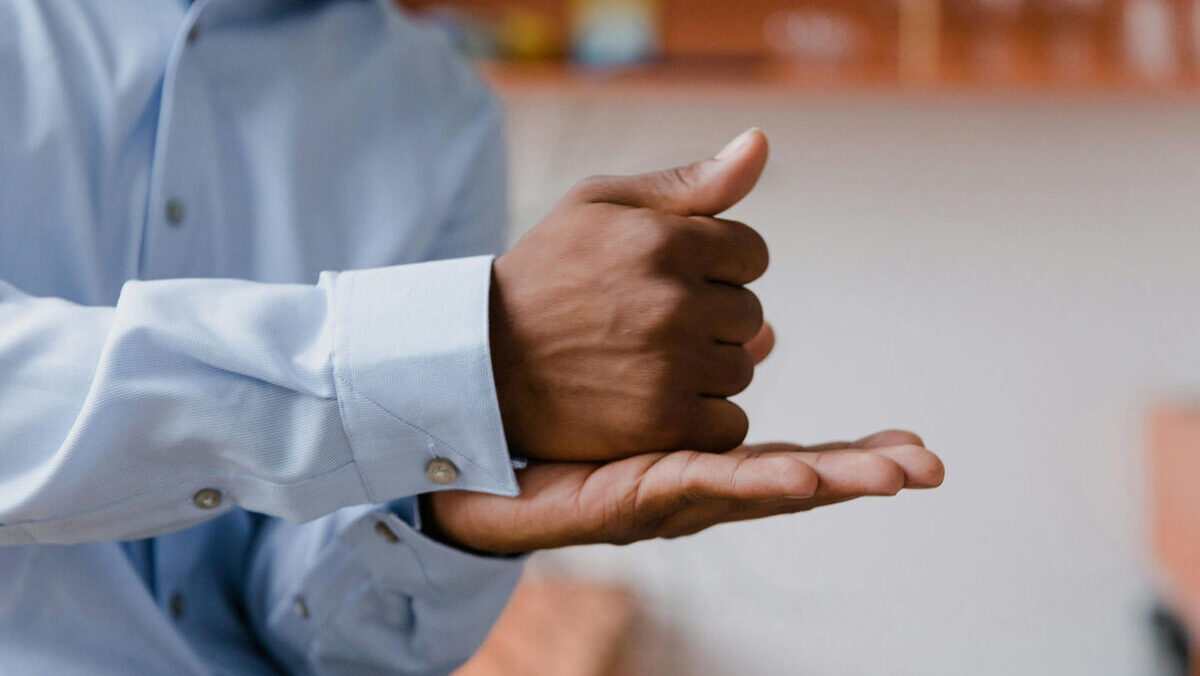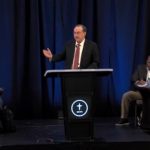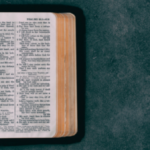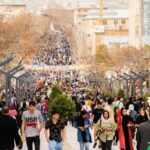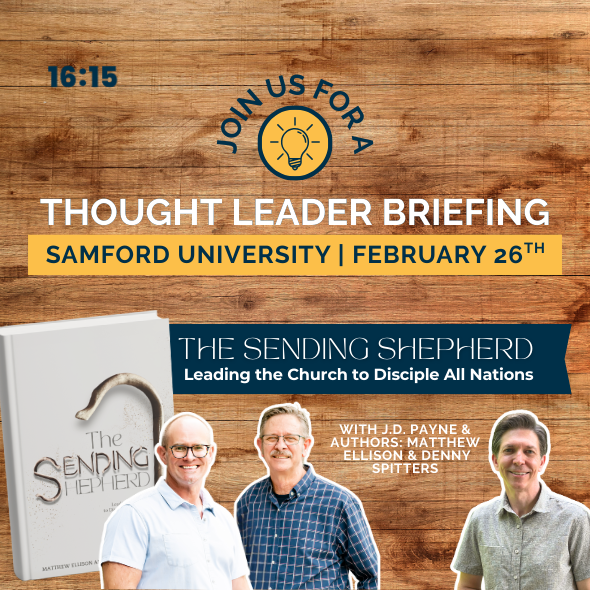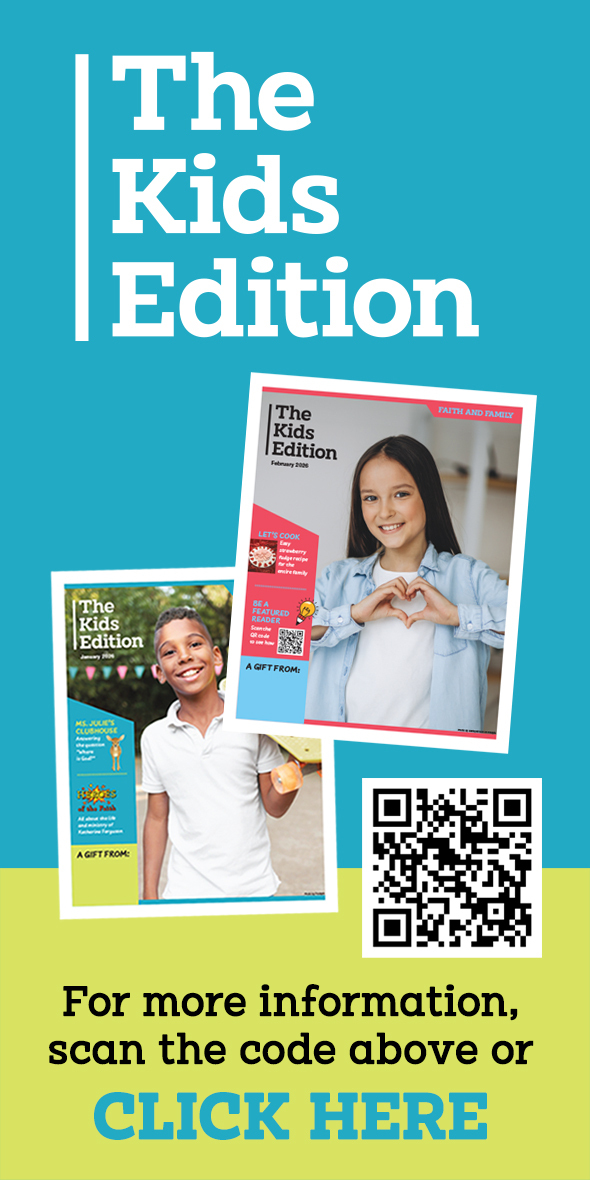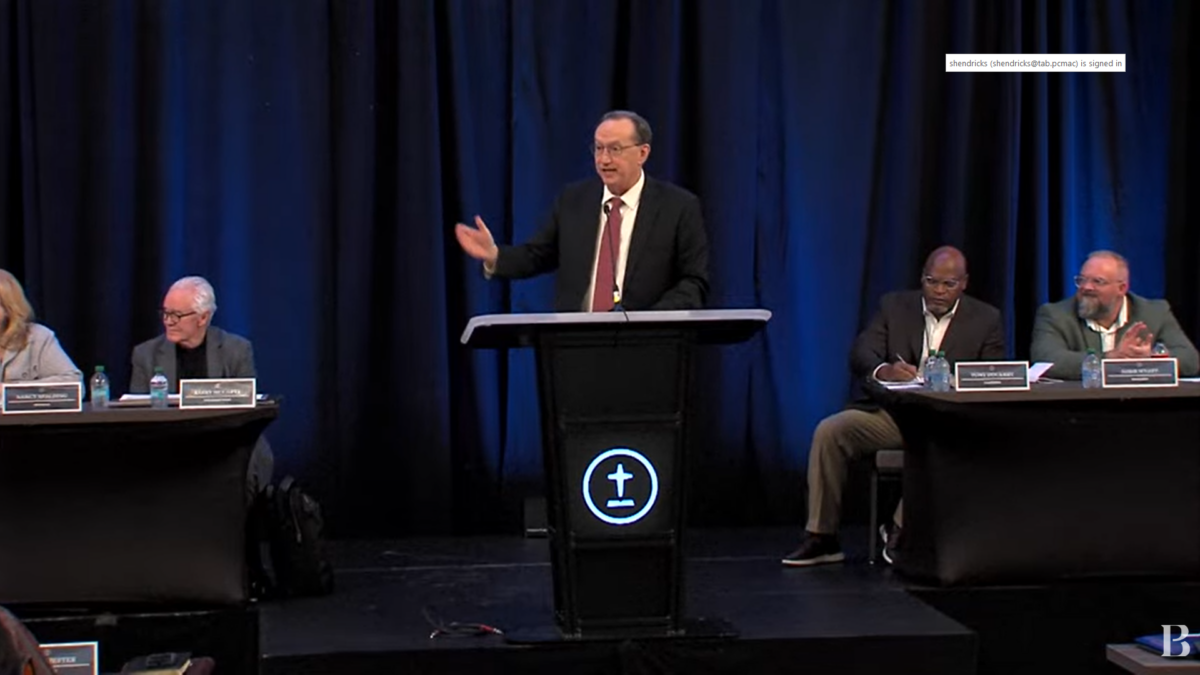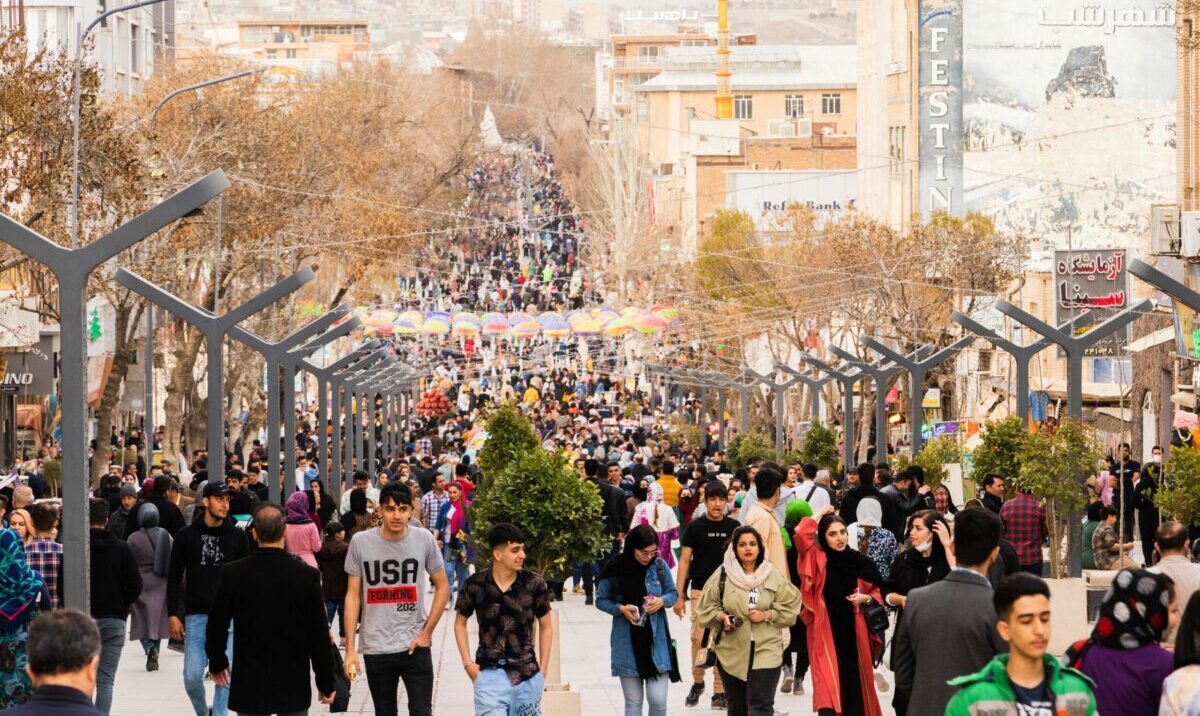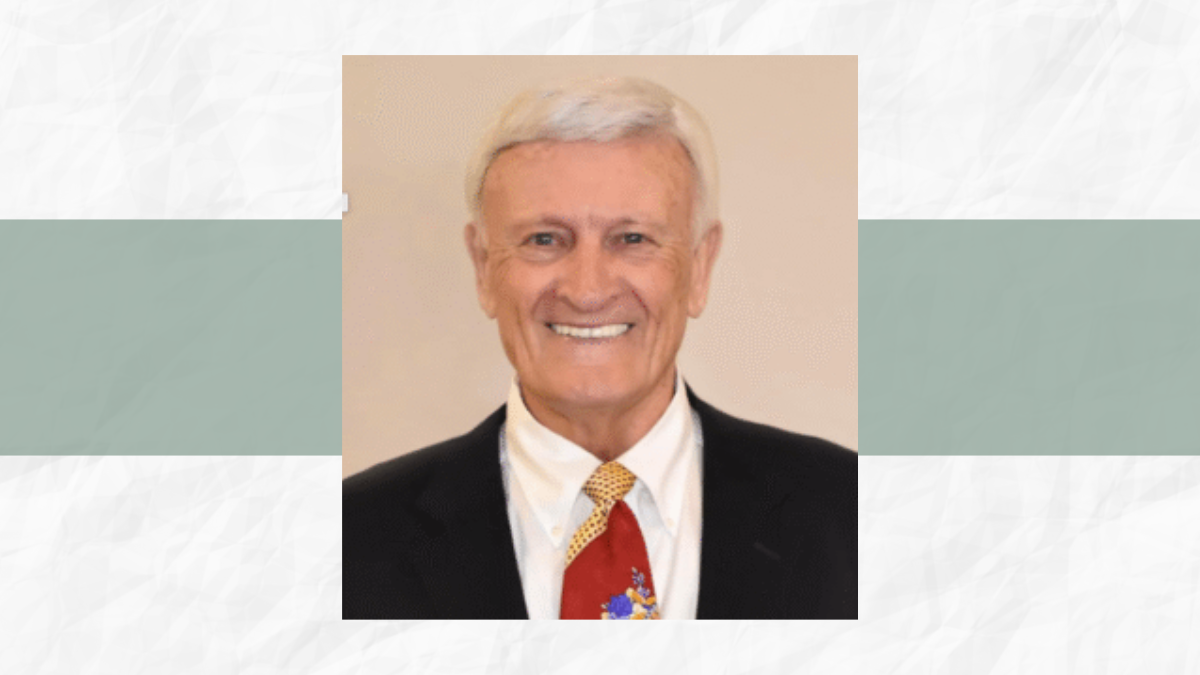At the First Baptist Church of Suitland, just across the District of Columbia border in Maryland, a typical Sunday service includes coffee and pastries, warm greetings and a sermon delivered by pastor Quintin Few Sr., in an auditorium with a full band and speaker system.
At the side of the stage as the service proceeds are two people translating Few’s words into American Sign Language, to help Deaf and hard of hearing parishioners. They are part of a program at the church known as the Holy Hands ministry.
With their hands flowing from one sign to the next, the interpreters bring the pastor’s words to life, which can be no easy task. “One missed sign or one missed concept can prevent others from working out their service salvation on that day,” said Bronte Stewart, who founded the program with the church’s leadership and music director in 2014.
Because Stewart sees every service as an opportunity to strengthen one’s faith, the ministry, she believes, offers more than access. It is inspired by a shared conviction among members that including anyone who might walk through the church’s doors is a fundamental part of living their Christian values.
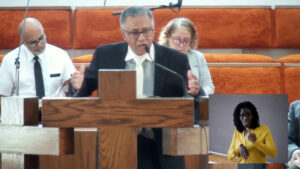
“We were intentional in making sure that the Deaf community was integrated into the life of the church and to see them as part of us, irrespective of their disability,” said Few. “I think that is so important when you are ministering to any community.”
Minority of churches
Churches that offer interpreted services are still relatively rare in the United States. The Deaf Bible Society, a nonprofit that works to make the Bible accessible to Deaf people, lists nearly 30 houses of worship in the state that are “Deaf Churches” (led by Deaf people) or “Interpreted Churches.” That’s likely an undercount — First Baptist doesn’t appear on its list — but with more than 5,000 churches in the state, it’s most likely that only a tiny minority provide ASL services. Meanwhile, estimates put the share of Americans who are Deaf or hard of hearing at 11 million, or about 3.6%.
At FBCS, the Holy Hands ministry was born out of a conversation that took place in January 2014, when a Deaf woman named Sharon Ligon walked into FBCS, interested in joining the church.
“There was a woman there explaining how the Sunday school works,” said Ligon, who was in a group with other prospective members but could not hear what was being said. A church member noticed Ligon had not been speaking much and approached her.
“He said, ‘Are you deaf? And I said, ‘Yes, I am.’ And so that’s when he called Bronte to come over,” Ligon recalled.
Stewart, a longtime church member, said: “I knew basic sign language. I wouldn’t even say at a ‘101’ level. It was probably like a level 99,” explained Stewart.
Others in the church encouraged Stewart to learn more sign language in hopes she could become an ASL interpreter, but she was hesitant. “You know, when the Lord taps you on your shoulder, sometimes you miss it,” she said. “I thought to myself: ‘Oh no, not me, Lord. You couldn’t possibly be calling on me to do this task.’ I didn’t hear that.”
But not long afterward, one of First Baptist’s ministry directors approached her to say the church would send her to school to learn ASL if she would interpret at services. “I said, ‘Oh, OK, if the Lord’s going to equip me, yeah, I’m going,’” said Stewart, who then enrolled in ASL classes at a local community college.
To read full story, click here.
EDITOR’S NOTE — This story was written by Reina Coulibaly and originally published by Religion News Service.

